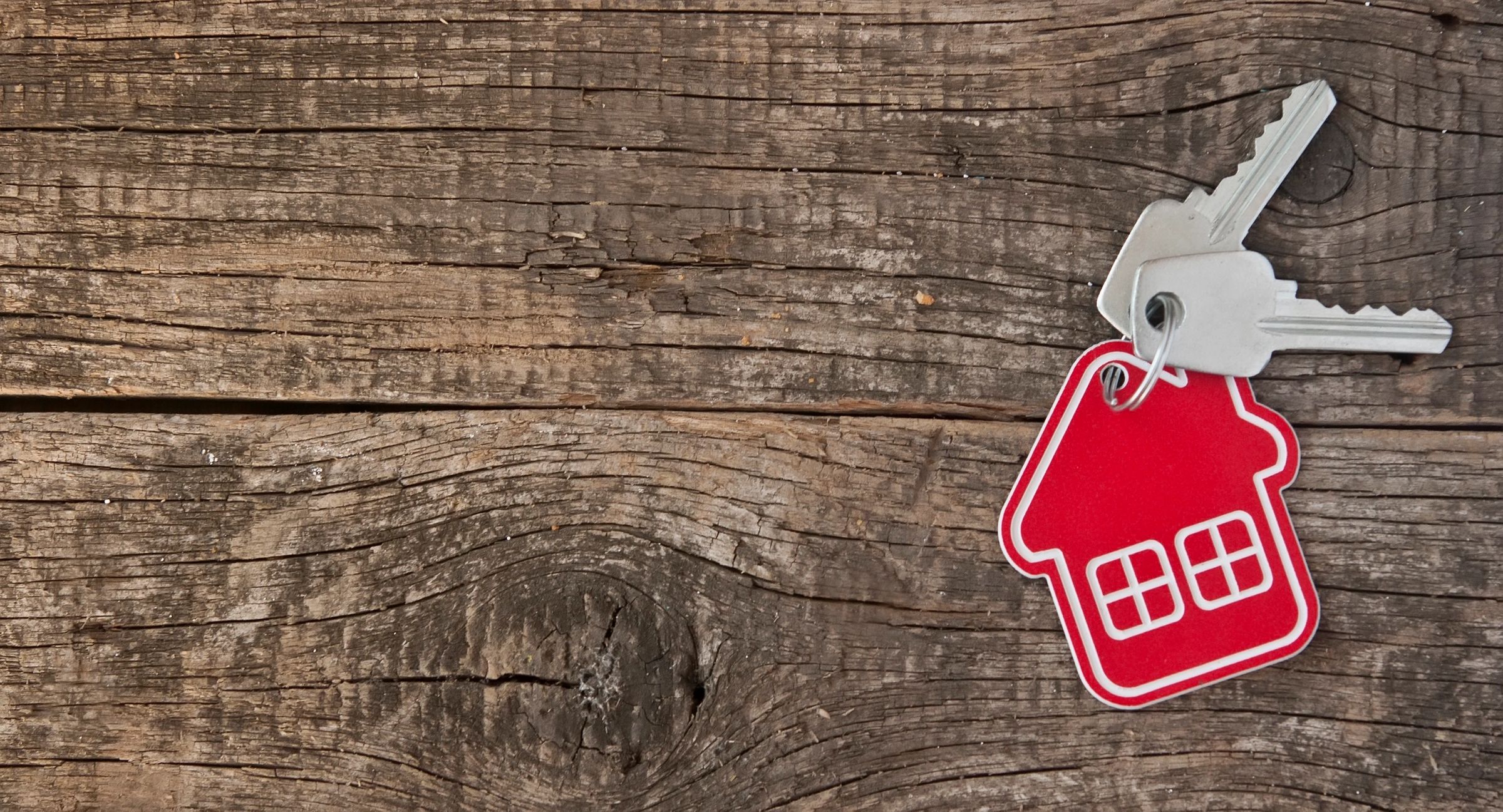In my last post, Home Ownership: Understanding Your Mortgage, I wrote that, In the fall of 2016, my wife and I bought a 4 bedroom 2 ½ bathroom house with a 25-foot pool in a Houston, Texas suburb for $160,000. What I did not mention was that I was still in medical school.
I did not want to buy a house, but my wife was tired of renting, and she wanted her piece of the American pie. She was working full time as a nurse, while I was working part-time as an EMT and completing my last two years of medical school. I made the argument that we would most likely have to move soon for residency, as my chances of matching for residency in Houston were a big unknown. BTW, I was right and ended up matching in Miami. In life, there are battles you are just going to have to lose to move forward. However, this decision has made us accidental landlords (upcoming post).
Renting for life Vs. Buying?
We were paying around $1,200/month for our apartment. We looked at the numbers, and all the calculators said buying in Houston at the price range we were looking at, would save money over the long term. So we bought a house.
“If you stay in your home for 3 years, buying is cheaper than renting, You’ll save $330 per month and $11,889 in total”
Numbers don’t lie; in this case, there was missing information needed to complete the picture. Yes, when we were looking at houses, the mortgages were around ~$900, but these calculators do not include the hidden expenses, including loan interest, property tax, mortgage insurance, and HOA fees. After you adjust for these additional expenses, it turns out your mortgage and your rent are about the same for many people.
Asset Vs. Expense
Many Americans do not own any assets (something that has economic value) outside of their home; therefore, it becomes precious in retirement when you no longer have a steady income.
Homeownership is a psychological win, and once you have paid off your home, for some, this helps build generational wealth, as the house can be passed down from generation to generation.
Owning a home can become a great asset. The moment you buy it, it’s not necessarily an asset. Over the years, it can appreciate, and you could build equity and eventually sell it for a profit. At the same time, you can quickly lose money with housing crashes and your neighborhood taking a dive.
In reality, your house could be worth $0, but the land, yes, that is the key; the land it’s built on is where the money lies. The land is what is appreciating over the years. Your house may be falling down with wood rotting, A/C breaking, roof leaking, and you could still sell it for way more than what it’s worth if the land is valuable.
If you treat it as an asset and see it as something that could be in your family for many generations, you need to consider the constant shifting world we live in. Do your kids and grandkids want to live in that house, neighborhood, or state? Do they like the home? Are they willing to put in the money to update it? What will the community look like in 20-30 years? These are hard to extrapolate out, which is why some people do not think that the house that you live in should be considered an asset. You need to spend money to keep it up regularly, and it can depreciate significantly depending on external factors, which therefore can turn it into a massive expense.
On the other hand if you buy a home purely for business purposes and plan to rent it out or fix it up and sell it for a profit, this can be considered an asset. However, like any asset you can lose money in that process.
Rent or Buy During Medical School & Residency
This is a tough decision with many moving parts. If you have a crystal ball and you know you will be completing a residency in the same city or location where you are going to medical school, then I would say buy a house as soon as you find out where you got accepted. That’s 7+ years you will be in one place, and the rule of thumb is that it takes five years to break even after all the fees that go into buying a house.
How many medical students have the down payment for a house? That number is significantly low, which is why many med students just end up renting. This, along with the way med school rotations are structured, with away rotations, and the likelihood of moving in the next four years favors the renters.
There are many situations where it’s advantageous to buy. Let’s say you are fortunate to have the money for a down payment on a house. You should get roommates to help you pay that mortgage. We call that a House Hack. You are living for free, while your roommates pay off your home loan. That would be the ideal situation.
Wait, there’s more…with homeownership, everything falls on you. That toilet leak, you need to take care of it. Your roof is out of date and needs changing, that’s coming out of your pocket. Your air conditioner is not working properly, yup that’s coming out of your pocket. As a renter, you do not need to worry about these, as the landlord takes care of these responsibilities.
As a resident physician with a limited budget, if you plan on buying, you need to have money set aside for these emergencies. To fix an A/C, you are looking at $4K+. Homeowners warranties and home insurance will not necessarily cover these items.
Physician Loans
The above applies to resident physicians and to the general population. The only difference is that depending on your financial situation, you may be available for a physician loan, which requires a $0 money down payment. If you can get a loan and pull off the House Hack above, then go for it, and you potentially will come out ahead.
The downside is that once you buy a house, you are tethering yourself to the location, and if you sell too early, you will potentially lose money.
As a resident physician, If I had a crystal ball, and knew exactly where I was going to match and complete my residency, I would have moved to Miami earlier and completed all my rotations here, and I would have bought a house from the get-go…, well, probably NOT – could not afford Miami prices.
In the U.S, we all hear that the American Dream is being able to own a home, having a white picket fence, and so on. However, there is nothing wrong with renting.
Being Mobile
Since graduating undergrad, I’ve moved about a dozen times between three states, including moving from South Florida to Texas to North Carolina, to Costa Rica, to the Caribbean, and now back to South Florida. If I had bought a house earlier on in my career, each time I moved, it would have made it very difficult.
We live in a mobile world, and I like the option of being able to get up and go. I think the younger generations are also in the mindset of renting as it allows for that mobility.
The overall consensus is that, during your medical school and residency training years, you do not know where you are going to end up. Therefore your life is not stable. It would be ideal to wait until you have that stability before tying yourself to a specific location. It all becomes a personal decision, and you need to decide what is right for you.




